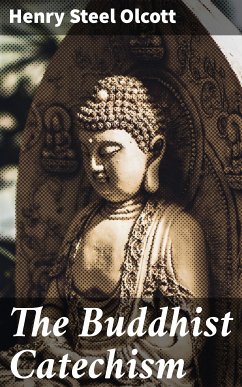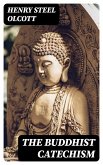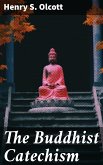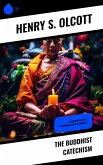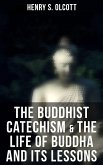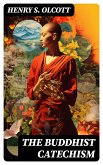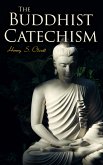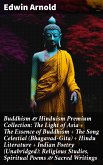In "The Buddhist Catechism," Henry Steel Olcott presents a foundational text that elucidates the core tenets of Buddhism, offering both a systematic overview and a reflective meditation on its philosophical underpinnings. Written in a clear, accessible style, this work serves as both an introduction to Buddhist thought and a guide for practitioners and seekers alike. Olcott'Äôs effort to demystify Buddhist concepts amidst prevalent misconceptions reflects his dedication to fostering an understanding of this ancient tradition within a Western context, revealing the nuanced relationship between Western spirituality and Eastern philosophies. Henry Steel Olcott was an American military officer, lawyer, and journalist, who became one of the earliest influential figures in the modern revival of Buddhism. After converting to Buddhism in the 19th century, he co-founded the Theosophical Society, advocating for cultural exchange and interfaith dialogue. His extensive travels across Asia and interactions with various Buddhist leaders provided him with unique insights, which he synthesized in this catechism, aiming to correct misinterpretations and educate the Western audience on Buddhist principles. "The Buddhist Catechism" is essential for anyone interested in a thoughtful exploration of Buddhist beliefs. It serves as a profound educational tool for both scholars and curious readers, providing clarity and depth to the values that underpin one of the world's most practiced religions.
Dieser Download kann aus rechtlichen Gründen nur mit Rechnungsadresse in A, B, BG, CY, CZ, D, DK, EW, E, FIN, F, GR, H, IRL, I, LT, L, LR, M, NL, PL, P, R, S, SLO, SK ausgeliefert werden.

